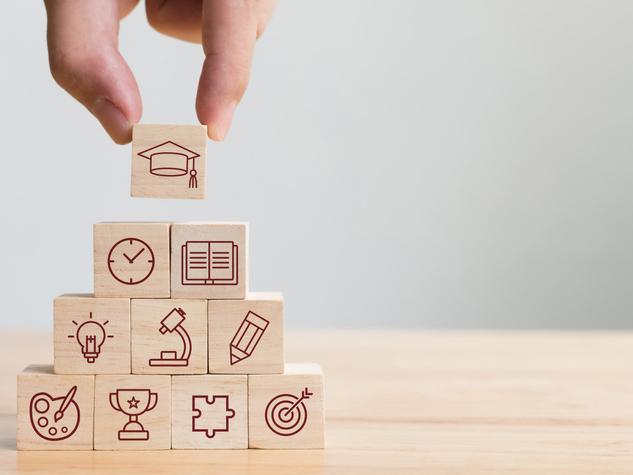
Using ‘spaced learning’ to aid students’ retention of new information
Repeating information in chunks with breaks in between improves students’ ability to remember it. Stephen Braybrook explains how to translate this into the classroom

There are many challenges to teaching. A primary concern is how to ensure students not only understand the information that is presented but retain and remember it long after they leave the classroom. This inevitably leads to questions over how the brain learns, which is where educators turn to neuroscience and psychology. One strategy that has emerged is spaced learning.
<������Ƶ>What is spaced learning?Spaced or distributed learning is one of the strongest contributions that cognitive psychology has made to education. Spacing is a memory phenomenon whereby , compared with practising it sooner. It is based upon , which is our natural human tendency to forget information over time.
- THE Campus collection: A framework for learning in seven principles
- Engaging online learners using group activities
- How to teach critical thinking to beginners
Translating that into the classroom, information that is repeated in small study sessions spaced out, with gaps, leads to improved long-term recall, compared with going over the information for the same amount of time but all in one go. So instructors must create opportunities to revisit information throughout time frames, be this in one lesson or across lessons.
This can be done by presenting bite-sized chunks of content – up to 10 minutes of instruction – broken up with 10-minute spaces in between, during which students are given a “distractor task”.
Our brains are not designed to learn and remember information from the first and only encounter with it. The brain needs time, repetition, reinforcement and ideally a variety of delivery modes to grasp, apply and recall what has been learned. Spaced learning is endurance training for the brain.
<������Ƶ>The following is an example of how to use spaced learning in teaching:1. Short bursts of learning up to 10 minutes each, taking place through a variety of visual, auditory, didactic and interactive deliveries. So if you have 30 minutes to spend studying one topic, it is better to split the time into three 10-minute study sessions than to carry it out in one 30-minute session.
2. Planned mental breaks of 10 minutes in between each burst of learning to allow students time to assimilate the information. This is where students can do anything to take their minds away from the topic taught – hence setting distractor tasks.
3. Repetition of information using different formats to broaden and deepen understanding and improve recall.
An example structure for a 50-minute lesson:
Teaching time of 30 minutes broken up into three 10-minute sections interspersed by two 10-minute breaks
For a one hour 30-minute lesson:
Time teaching of 50 minutes broken up into three 15-minute sections with five minutes for the end-of-lesson feedback, all broken up by four 10-minute breaks.
The way we teach directly impacts how much information students retain and retrieve in and out of the classroom. It is time to embrace research that strongly suggests massed learning is not the most productive way for students to learn – and space it out.
Stephen Braybrook is a movement expert, author of and creator of Brain Move.
If you found this interesting and want advice and insight from academics and university staff delivered directly to your inbox each week, .


